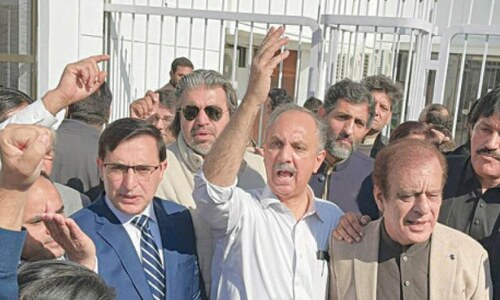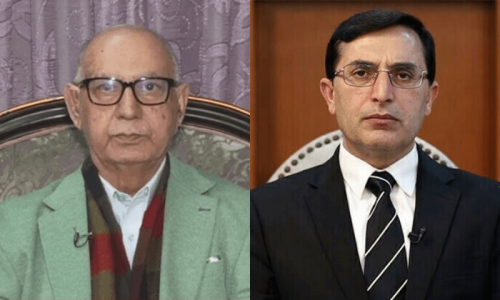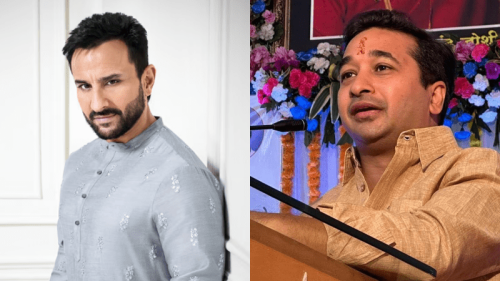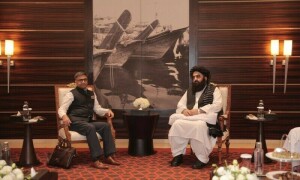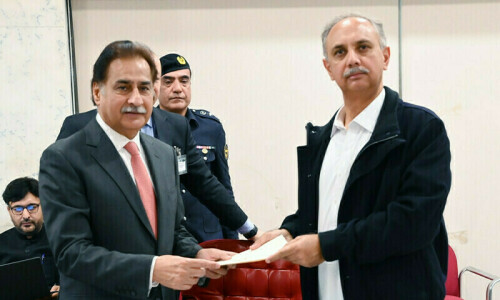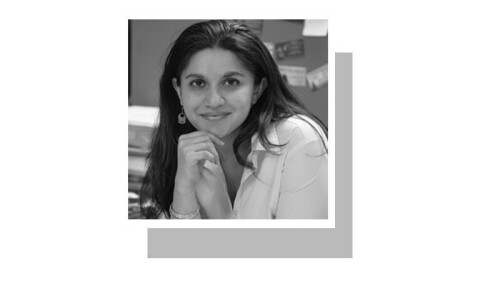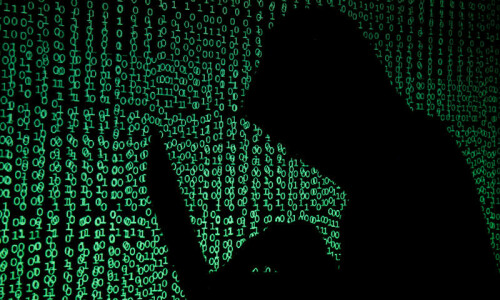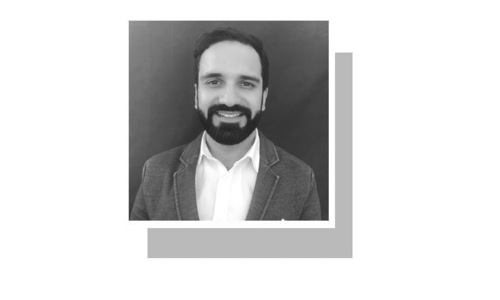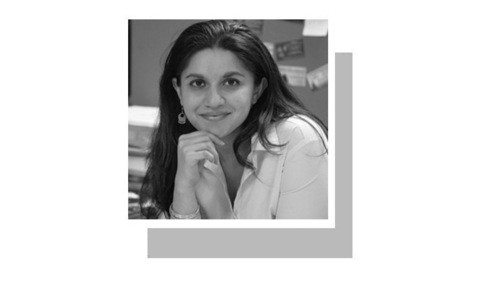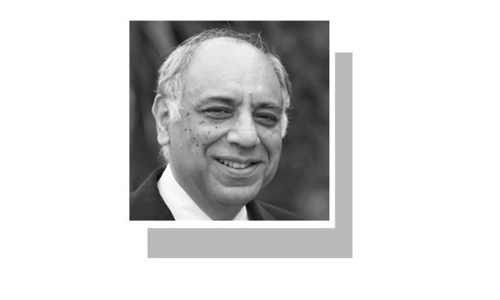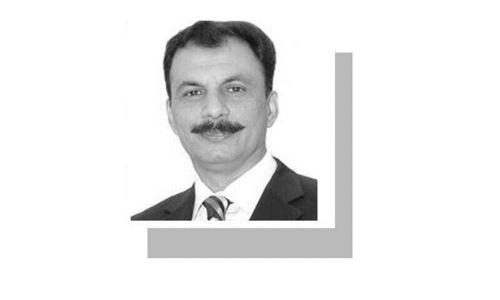
The UNDP recently launched its annual global Human Development Index (HDI) along with the report at a ceremony in Islamabad. The HDI ranks countries in terms of economic and human development indicators. No one was really surprised to learn that Pakistan’s HDI value for 2012 is 0.515 (in the low human development category), which ranked the country at 146 out of 187 countries and territories. The rank is shared with Bangladesh and is just ahead of Angola and Myanmar. The world has certainly changed a lot since the first Human Development Report was launched 23 years ago – it was conceived by the brilliant Pakistani intellectual Dr Mahbub Ul Haq, who pioneered with the Nobel Laureate Amartya Sen, the concept of “human development”.
We now have the economic powerhouses of China, Brazil and India rising in the South, driving global economic growth and societal change. It is expected that by 2020 the combined economic output of China, Brazil and India, will surpass that of the US, Germany, UK, France, Italy and Canada combined. According to Marc-Andre French, the UNDP Country Director in Pakistan who spoke at the launch, “Much of the dynamism of the emerging economies is being driven by trade, foreign direct investment, and technology partnerships within the South itself”. This year’s Human Development Report was in fact, entitled “The Rise of the South: Human Progress in a Diverse World” and it explored the achievements of more than 40 high achieving countries which performed better than predicted between 1990 and 2012. Unfortunately, Pakistan was not one of those countries and it is in fact, lagging behind in most aspects.
According to Marc-Andre French, “Let me comment on two policy recommendations which have particular implications for Pakistan: enhancing equity and confronting environmental pressures… One of the most powerful policy instruments for promoting equity lies in education. The report projects that targeted investments in girls’ education in particular, will have significant impacts on human development”. Since climate change threatens to halt or even reverse human development, he called for “innovative policies and programmes for achieving environmental sustainability, including new climate-friendly technologies developed in the South”. He called upon Pakistan to learn from the success of the emerging economies of the South, “which have used their growing economic strength to lift human development”.
Since the HDI was launched in the midst of elections that promise change in the country, the UNDP had invited representatives from the main political parties to speak at the event, and three showed up. The political panelists were Dr Farooq Sattar of the Muttahida Qaumi Movement, Razina Alam of the Pakistan Muslim League-Nawaz and Shafqat Mahmood of Pakistan Tehreek-e-Insaf and they spoke about the problems faced by Pakistan in the human development sector.

While Razina Alam, who is the former Chairperson Senate Standing Committee on Education, Science and Technology spoke about the education manifesto of the PML-N and the schools they promise to build once they are in power, Dr Farooq Sattar got straight to the heart of the matter by asking from where would the additional resources for educational reforms be mobilized? He called for extensive tax reforms, pointing out that 70 per cent of our parliamentarians don’t file tax returns. In his view, “only where there is taxation should there be representation!” He pointed out that no one party could take Pakistan out of the quagmire in which it finds itself and that there needs to be a “national consensus on a minimal reformist agenda” to empower the people of Pakistan.
Shafqat Mahmood, who is the Central Secretary Information of the PTI, spoke next about the “education apartheid” in the country where we have English schools for the elite, Urdu schools for the masses and Madrassahs for the very poor. The PTI’s education manifesto calls for one syllabus across the country and he pointed out that the opposition to this idea comes mainly from the elite. “There is an elite capture of politics in this country. Billions were spent on a Motorway which benefits the elite who own cars while the railway, which is for the masses, was neglected and is now dying”. He called for the expansion of the political system to allow for the inclusion of middle-class youth to overcome this “disconnect” between the elite and the rest of the country. It is the same middle-classes who used to welcome military dictatorships in the past and if they are included in the political process they can help strengthen democracy in Pakistan.
He also referred to the Human Development Report, which lists the “best practices all over the world – what works and does not work” and called for greater consistency in policy in Pakistan (which has not come due to social/political instability in the country). The report, in fact, highlights the case of China, which pursued a long-term vision to build the necessary institutions and capacities for transforming its economy. According to the report, countries that have made significant achievements in human development could be characterised as “strong, proactive and responsible states”. The following four features are common to such states: (i) commitment to long-term development and reform, (ii) prioritizing job creation, (iii) enhancing public investment in education and health (iv) nurturing selected industries.
“There is a strong causal link between human development and economic growth”, stated the Ambassador of the European Union to Pakistan, Lars-Gunnar Wigemark at the conclusion of the event. “Few countries have sustained economic growth without investments in human capital. Yes you can have sporadic growth which Pakistan witnessed during the last government, but that only lasts for a while”. He called for greater investment in girls’ education and for improved trade with neighbours like India. Currently Pakistan’s policies are clearly not working and human development cannot happen when 25 per cent of our budget goes to defense while less than two per cent is spent on education and 1 per cent on health. Pakistanis need to pay their taxes and demand better governance with a clear emphasis on human development. Otherwise, warned the Ambassador, the country will only “fall further behind”.

The views expressed by this blogger and in the following reader comments do not necessarily reflect the views and policies of the Dawn Media Group.

